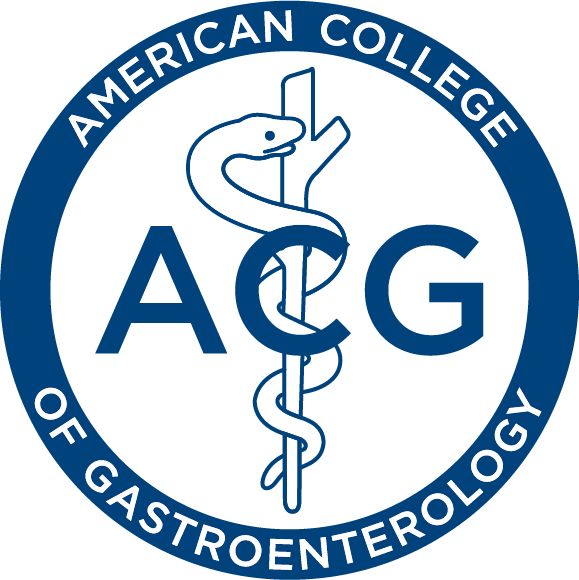Newswise — Increased colorectal screening has reduced the incidence of colorectal cancer according to research presented at the 71st Annual Scientific Meeting of the American College of Gastroenterology. The decline in colorectal cancer cases from 1988 to 2002 coincides with improvements in and the increased use of the fecal occult blood test, the flexible sigmoidoscopy, and more recently, the colonoscopy, considered the "gold standard" for testing.
Dr. Mazen M. Jamal from Long Beach, VA and the University of California at Irvine used the Nationwide Inpatient Sample (NIS) database to determine the age-adjusted rate of colon cancer during 3-year intervals from 1988 to 2002. Researchers found the incidence for colon cancer decreased from 42 per 100,000 in 1988-90 to 41 per 100,000 in 1991-93. In 2000-02, the colon cancer rate declined to 38 per 100,000.
Similar trends were also observed from the Surveillance Epidemiology and End Results (SEER). In 1988-90, the age-adjusted incidence of colorectal cancer was 61 per 100,000, which declined to 58 per 100,000 in 1991-93. In 2000-02, the rate of colorectal cancer went down to 52 per 100,000. Jamal says these trends may in part be due to increased screening and polyp removal, thereby preventing progression of polyps to cancers.
Both the declining trend of colorectal cancer and the recent decline in proximal colon cancers coincide with an 80 percent increased utilization of colonoscopy from 1997-2002.
At present, colonoscopy is the most accurate and effective procedure to screen for early signs of colon cancer. A colonoscopy provides a visual image of the entire colon and can identify and remove colon polyps, abnormal growths on the inside lining of the intestines. By identifying and removing polyps, which may develop into cancer over years, colonoscopy likely prevents many cancers from forming.
About the American College of GastroenterologyThe ACG was formed in 1932 to advance the scientific study and medical treatment of disorders of the gastrointestinal (GI) tract. The College promotes the highest standards in medical education and is guided by its commitment to meeting the needs of clinical gastroenterology practitioners. Consumers can get more information on GI diseases through the following ACG-sponsored programs:
"¢ 1-800-978-7666 (free brochures on common GI disorders, including ulcer, colon cancer, gallstones, and liver disease)"¢ 1-866-IBS-RELIEF and http://www.ibsrelief.org (free educational materials)"¢ 1-800-HRT-BURN (free brochure and video on heartburn and GERD)"¢ http://www.acg.gi.org (ACG's Web site)
MEDIA CONTACT
Register for reporter access to contact detailsCITATIONS
American College of Gastroenterology 71st Annual Scientific Meeting
